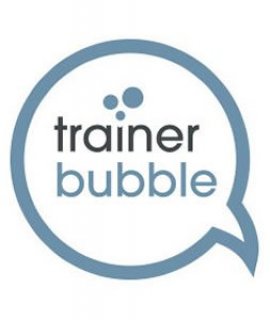Diversity in the workplace; how psychometric assessments provide a level playing field.
PUBLISHED: 17/01/2018
Psychological tests and assessments come in many forms, measuring characteristics like your personality traits, behaviour preferences or ability with words and numbers. There are many common assumptions about gender differences in these areas: are men more assertive and better with numbers than women? Do women have higher empathy and better verbal skills?
A recent focus both in psychological literature and HR practice is on ‘unconscious bias’ (unknown biases people hold towards others that can relate to many different characteristics). Important people-related decisions can be unintentionally influenced by individuals’ unconscious biases or widely-accepted stereotypes that may not be grounded in fact (acas). How can the negative impact of this be avoided?
Using gender as an example, research has demonstrated that there are relatively small gender differences when measuring personality (Costa, Terracciano & McCrae, 2001). You will likely observe greater differences between two individuals of any gender than between men and women overall. The same can be said for ability measures, minor gender differences can be observed but they are usually so small that again, you would notice differences between any two people rather than men and women overall (GIA Technical Manual).
The use of psychological tests and assessments can add great value to people decisions, be that recruitment, promotion or leadership development. An additional advantage is that robust psychological tools have to demonstrate that they have no ‘adverse impact’ against particular characteristics, such as gender. If individuals are advantaged or disadvantaged on a psychological tool by virtue of their gender then it is not fair to use that tool for decision-making.
Robust psychological tests and assessments can help provide a level playing field for individuals, providing objective metrics about their traits, behaviours and cognitive abilities, all of which can reduce the influence of people’s biases. Thomas International are currently partnering with a large recruitment business in London, tracking up to 500 graduate applicants throughout their selection process. The aim is to demonstrate that their processes (behavioural profiling, interviewing) do not negatively impact the chances of people progressing who have protected characteristics.
References:
Costa, P.T., Terracciano, A., and McCrae, R.R., (2001), Gender Differences in Personality Traits Across Cultures: Robust and Surprising Findings, Journal of Personality and Social Psychology. Vol. 81. No.2. 322-331.
http://www.acas.org.uk/index.aspx?articleid=5433 – accessed 16:33, July 2017
General Intelligence Assessment (GIA), Technical Manual (2017), Thomas International
Comments
Be part of the conversation by adding a comments below
No comments have been added yet














_270x320.jpg)
_270x320.png)





